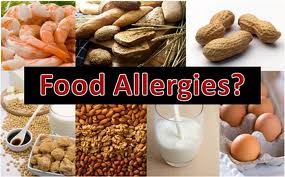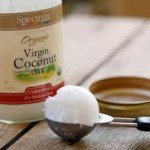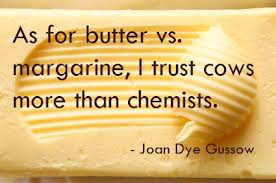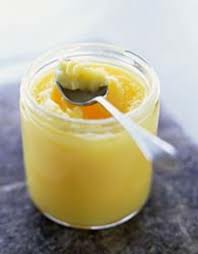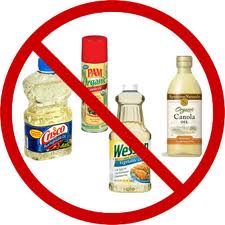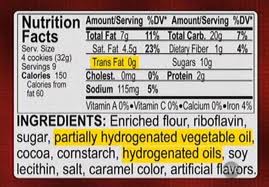
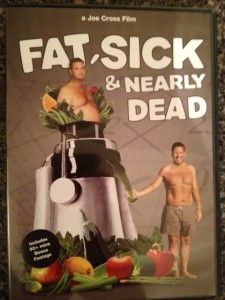
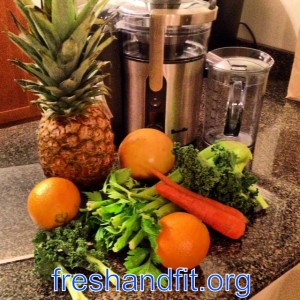
Since I received my Breville juicer for Christmas two years ago, juicing has become a staple in my diet. I no longer buy packaged juice from the grocery store or the highly overpriced juicer replica juices that claim to have many fruits and veggies in just one bottle. I’m sure they do, I just prefer my juice to be as fresh as possible to ensure the highest nutrient content. I also love that I can control what I add to my juice. I currently add fresh ginger and sneak in my daily apple cider vinegar in my juice.
Much of the juice manufactured today is pasteurized, destroying key nutrients. Some have preservatives in them and added sugars. Also, the juice you’re buying isn’t always what you are getting. I have noticed some juices will add pear or apple to them to “bulk” it up but keep the price down. 100% blueberry or acai juice can be very expensive.
If you are considering adding fresh juice to your diet or want to learn more about the benefits of juicing, I recommend watching the Documentary “Fat, Sick and Nearly Dead” by Joe Cross. It is a really great movie to watch to get pumped up about eating healthy and being active. It also shines a light on the foods we eat in the typical American household.
Here is a link to Joe Cross’s website
Just a few benefits of juicing:
. Allows you to absorb optimal nutrients in a small amount
. Weight loss
. Skin clearing. Good for eczema or roseacea
. Better energy levels
. Improved concentration
. Weight loss
. Improved immune function


